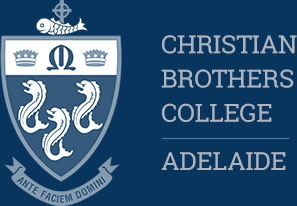In family systems theory, each member of a family is seen as an interconnected part of a whole and each member influences and is influenced by every other member. Problems that arise in individual members within the family are not […]
Archives
Provide Your Child With Access To A Computer
Children labelled with ADD do very well with computers. Software programs provide instant feedback and instant reinforcement. They allow the users to control their own pace and are often colourful, animated and graphically interesting to look at. They are non-judgemental […]
Provide Immediate Feedback
Providing immediate feedback to children about their behaviour helps them to realise how it looks to others and enables them to take responsibility for that behaviour. You can provide feedback through using camera, video or audio recorder, full- length mirror, […]
Teach Your Child Focusing Techniques
Train your child in focussing techniques used in meditation. Starting with short sessions of a minute or two, have the child focus on an internal or external object, then when distracting thoughts appear have him refocus on the central object […]
Take Care Of Yourself
Learn how to diffuse tension when locked into a power struggle with your child. Sometimes just a few deep breaths will stop you from yelling at your child. At other times you may need to get away from the situation […]
Help Your Child Appreciate The Value Of Personal Effort
Kids who experience repeated failure undergo a kind of surrender of the spirit where the lights of curiosity, initiative and effort slowly begin to die out. They attribute things that happen to them as being out of their control, learned […]
Help Your Child With Organisational Skills
Many kids with attentional difficulties also have difficulty with getting organised. They need help with: Remembering homework assignments Using time efficiently Organising home and school space Doing household chores Building up self organisation
Use Touch To Sooth And Calm
Touch appears to stimulate the release of endorphins in the brain that have a pain relieving effect similar to morphine. Non-sexual forms of touch can benefit the child who has a high degree for tactile stimulation as demonstrated by their […]
Consider Individual Psychotherapy
Psychotherapy may help with relieving anxiety (25% of kids with ADD also suffer anxiety) and depression (75%). Children can be helped to resolve emotional conflicts, shape new behaviours or think about their actions in new ways.
Provide Appropriate Spaces For Learning
Create nooks or corners for individual study at home or at school. In class mark off individual personal territory with tape.



